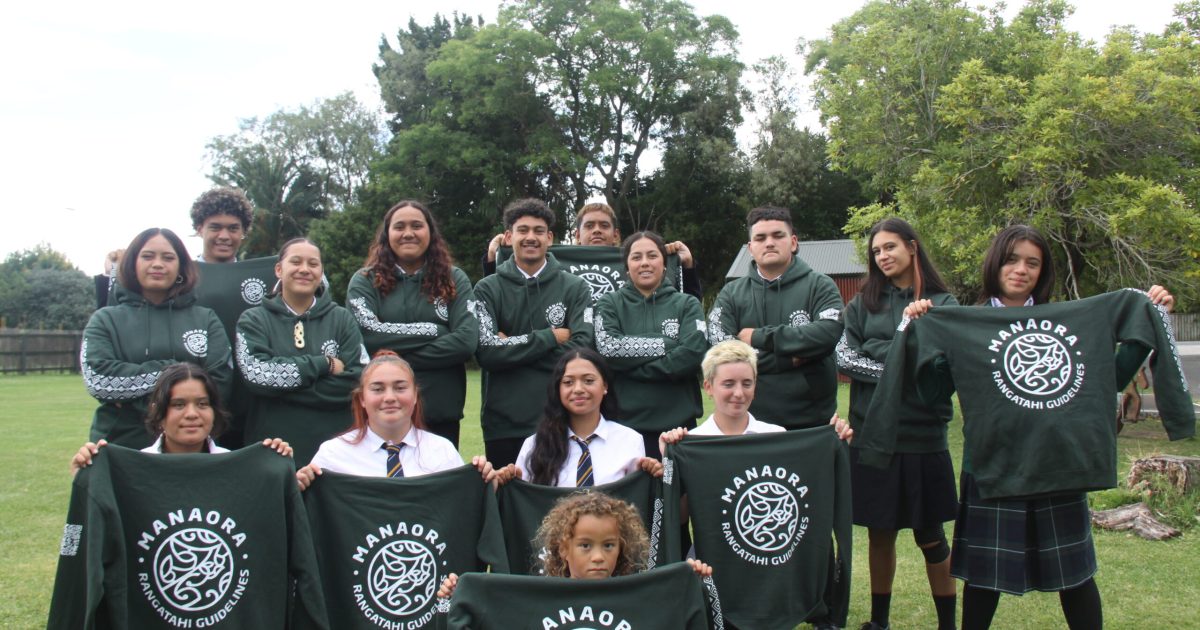For the last year, these rangatahi Māori from four different high schools across the region worked on the guidelines, with the intention of encouraging their peers to prioritise their health and wellbeing.
The guidelines emphasise a balanced lifestyle that encompasses nutrition, physical activity, cultural awareness, and personal confidence.
One of the rangatahi involved, Ben Tu-Pairi Davies says it is about “encouraging rangatahi not to give up and to fight for their health and prioritise their wellbeing”.
It is being disseminated as a 20-week social media campaign, with each guideline dropping as a video featuring the rangatahi Māori behind the kaupapa and influencers; Tamati Rimene-Sproat, Pere Wihongi and Georgia Awatea Jones.
Rangatahi are encouraged to engage with the videos and create their own on different social media platforms to show how they are using the guidelines.
EIT Māori and Indigenous Research Professor, David Tipene-Leach says these guidelines are holistic and inclusive of environmental issues and may be the basis of the next generation of wellbeing.
The rangatahi looked at health guidelines from New Zealand and overseas, and applied mātauranga Māori to them. Then, they sought feedback from their peers at school before refining the messages.
“The Ministry of Health Guidelines are mostly irrelevant because they are narrow, authoritarian, and no one is really looking at them. Having youth refresh these principles with a te ao Māori approach is really new.”
Professor Boyd Swinburn says it has been an inspiring journey.
“These guidelines are really innovative, and I am really proud to show these around the world.”

